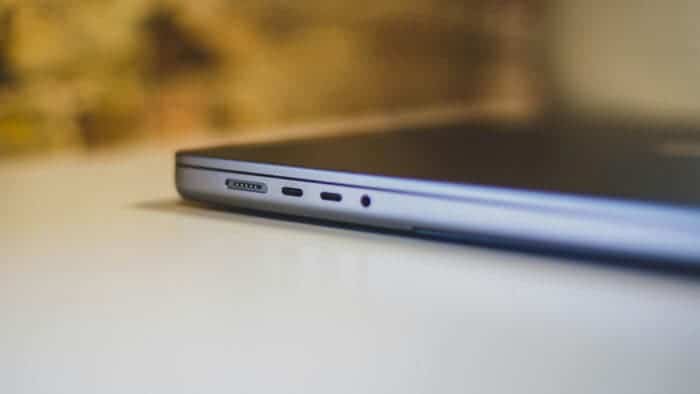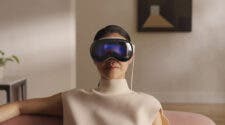You’ve got your trusty wired PC headphones and a computer primed for best sonic performance. But a quick glance reveals two connection portals: the friendly old headphone jack and a modern USB connection. So, which one unlocks the true audio potential of your headphones?
Well, the answer isn’t as easy as you might’ve thought. Imagine your audio journey like a road trip. The source file is your map, the headphones are your trusty car, and the connection is the highway. You take the scenic route when you choose the headphone jack. It relies on your computer’s built-in sound card.
USB, on the other hand, builds a dedicated express lane. It’s equipped with its own digital-to-analog converter (DAC) and amplifier. But which is better? Let’s take a deeper dive to understand all there is to it.
Using the Headphone Jack for PC Headphones
While you may see the headphone jack as an old tech, it’s proven to be very reliable. When you plug your headphones in, your PC headphones directly rely on analog signals. These signals shimmy up the wire and move the speaker cones with the help of electromagnetism. That’s basically how you hear music.
But here’s the catch: the quality of that audio depends entirely on your device’s built-in sound card. Think of it as the bandleader; a shoddy conductor leads to off-key tunes and muffled performances. So, if you’re rocking a top-notch sound card with beefy amplification, your headphones can strut their stuff and unleash their full sonic potential.
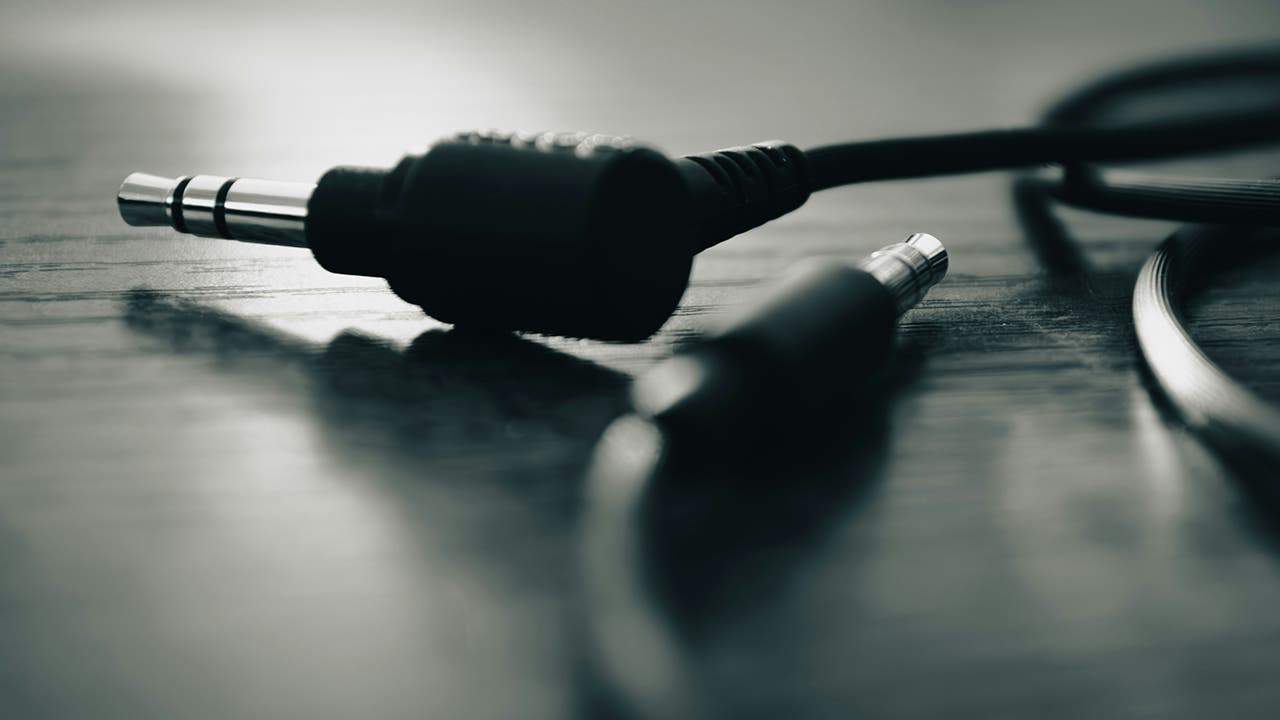
However, plug those same headphones into a device with a low-grade sound card, and the quality fizzles out. No matter how amazing your headphones are, they’re stuck playing second fiddle to a mediocre bandleader. So why do PC headphone makers still include the jack?
Well, it’s the universal adapter. Even though not many phones come with this jack, it still makes the PC headset compatible with a lot of different devices.
But here’s the secret whisper: when given the choice, ditch the jack. USB opens the door for a superior soundstage, and we’re about to discover why it’s the audio upgrade you didn’t know you needed.
Using the USB Port for PC Headphones
While the trusty jack offers nostalgic charm, USB unlocks a good number of sonic benefits. It has the potential to transform your PC headphones from passive listeners to empowered performers.
Better DAC
You stop relying on your PC’s built-in sound card when you decide to use a USB port for PC headphones. USB headphones are self-contained sound studios. They pack their own digital-to-analog converter (DAC) and amplifier.
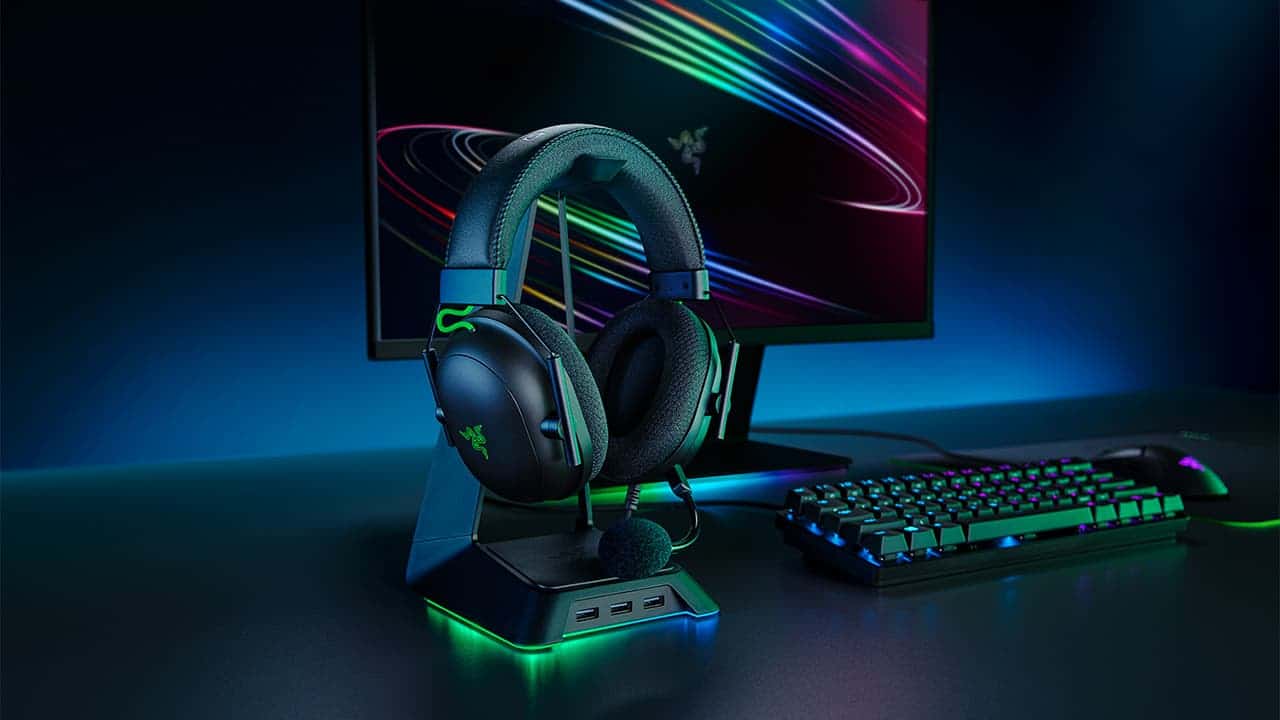
This means you bypass the limitations of your PC’s audio hardware when you decide to use USB for PC headphones. This can ensure that you hear the sound the headphone engineers meticulously crafted. It’s like plugging directly into the source, savoring the unadulterated brilliance of your music.
Amped Up for Excellence
The analog jack can hold your PC headphones back, limiting their performance. But USB unleashes the full throttle, powering the drivers with the precise amperage they need. This translates to richer bass, crisper highs, and a wider, more dynamic soundscape. Every drumbeat can explode with the right impact, every guitar string can ring true, and every note of the voice can gain pristine clarity.
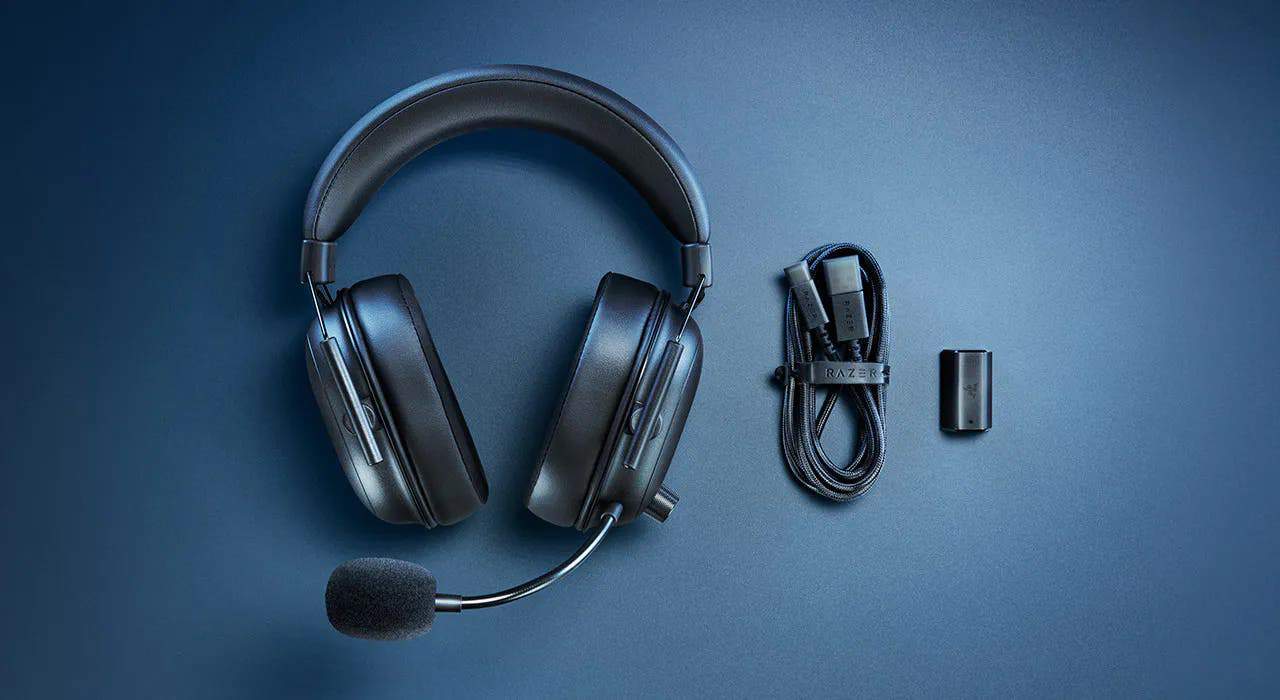
Beyond the Basics for Using PC Headphones with USB port
USB isn’t just about raw power; it’s about unlocking a box of possibilities. Forget fiddling with your computer for basic controls. Many USB headphones offer integrated buttons or dials for volume, track skipping, and even bass and treble amount, putting the control right in your hands.
Moreover, certain features, like active noise cancellation, microphone noise cancellation, and even immersive spatial audio, require a steady flow of power. The analog jack simply can’t provide it for the PC headphones. USB steps up to the plate, delivering the juice these features need.
So, What About Wireless Headphones?
For most Bluetooth headphones, the headphone jack serves as a backup plan. It’s basically a safety net when Bluetooth isn’t an option. Think of it like a trusty sidekick, ready to step in when the wireless waves get unreliable. But as a backup, the USB jack is likely the best option. Why? Because, unlike purely wired headphones, your wireless PC headphones have a built-in power source.
This onboard battery translates to boosted amplification, convenient volume control, and access to features like active noise cancellation and pass-through. There will be no need to rely on your device’s sound card or hunt for adapters.
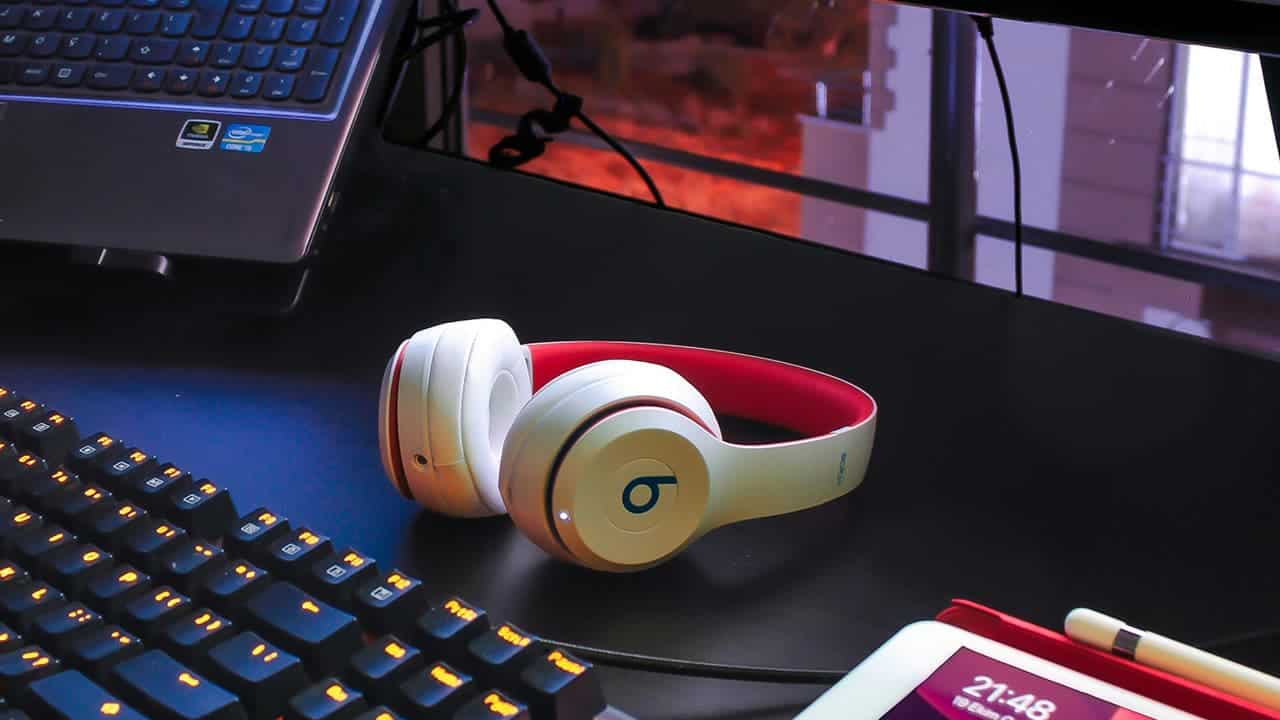
And for the audiophiles out there, there’s a bonus: latency reduction. In movies or games, Bluetooth can introduce a slight lag between sound and action. The wired connection on the PC headphones can tackle this issue.
Now, the USB situation with wireless headphones is a bit rarer. In some cases, it might simply act as a charger, keeping the batteries of PC headphones full. But if your headphones have audio over USB, choose it over Bluetooth if possible. It’s likely the gold standard for wired listening, bypassing your device’s sound card and delivering the pristine audio your headphones were crafted for.

